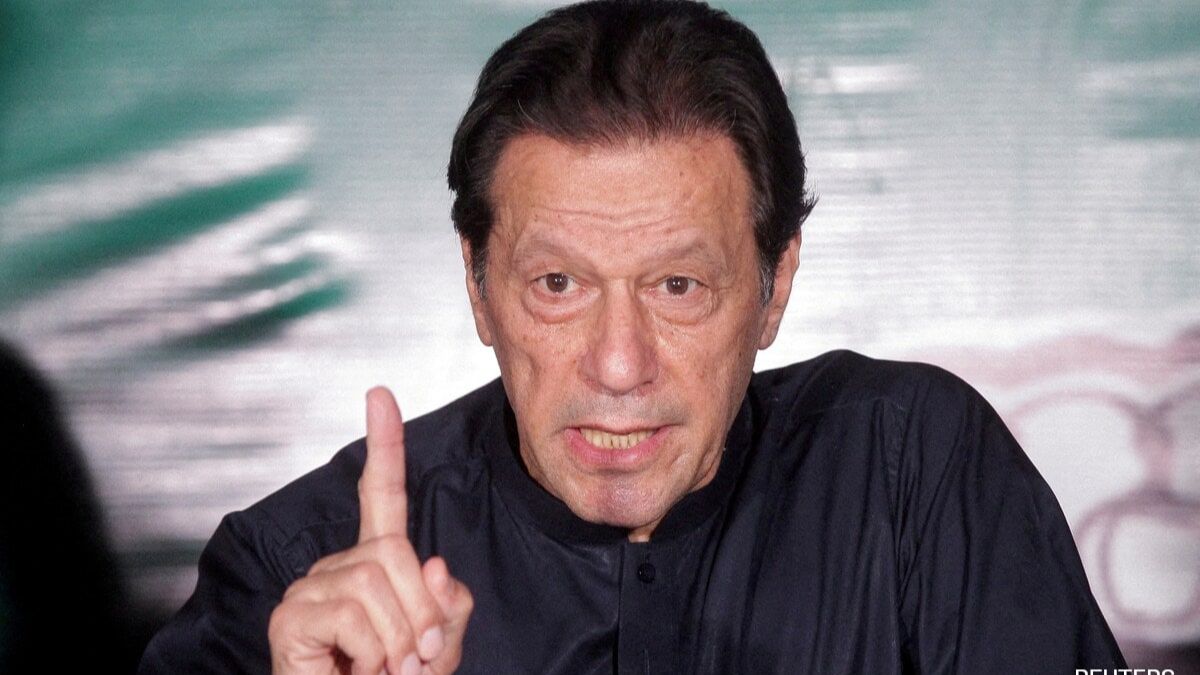Following allegations of poll-rigging, Pakistan’s election commission on Monday prevented legislators who support imprisoned former prime minister Imran Khan from gaining any of the parliamentary seats designated for women and minorities.
Shortly after Prime Minister Shehbaz Sharif—who assisted in the removal of Imran Khan in 2022—was sworn in as prime minister at a ceremony in the nation’s capital, the decision was made public.
Prior to the election on February 8, Imran Khan’s Pakistan Tehreek-e-Insaf (PTI) party was the focus of a military-backed crackdown that saw rallies prohibited, leaders detained, and campaigning curtailed.
Only independent candidacies were permitted, which compelled some to join the obscure Sunni Ittehad Council in an effort to regain their proportion of reserved seats.
“Mere joining/inclusion of a political party by independent returned candidates cannot accrue the right to claim for the quota for the reserved seats,” the Election Commission of Pakistan (ECP) said in a statement.
Seventy seats in Pakistan’s 336-member National Assembly are set aside for women and non-Muslims, and these are distributed among the political parties in direct proportion to their electoral performance.
The party declared that it would take the ruling to court.
More seats were won by Imran Khan’s supporters than by any other group.
Even if they were able to gain reserved seats, their numbers still fall well short of the majority required to form a government.
The PTI alleges that the election was blatantly manipulated to thwart their overwhelming triumph.
Impact Shorts
More ShortsAlong with their longtime opponents, the Pakistan Peoples Party (PPP) and a few other parties, Sharif and the Pakistan Muslim League-Nawaz (PML-N), supported by the army, have formed a coalition government.
Opposition leader Omar Ayub Khan’s address in the National Assembly was removed from state television on Sunday, demonstrating the ongoing censorship of the PTI.


)

)
)
)
)
)
)
)
)



